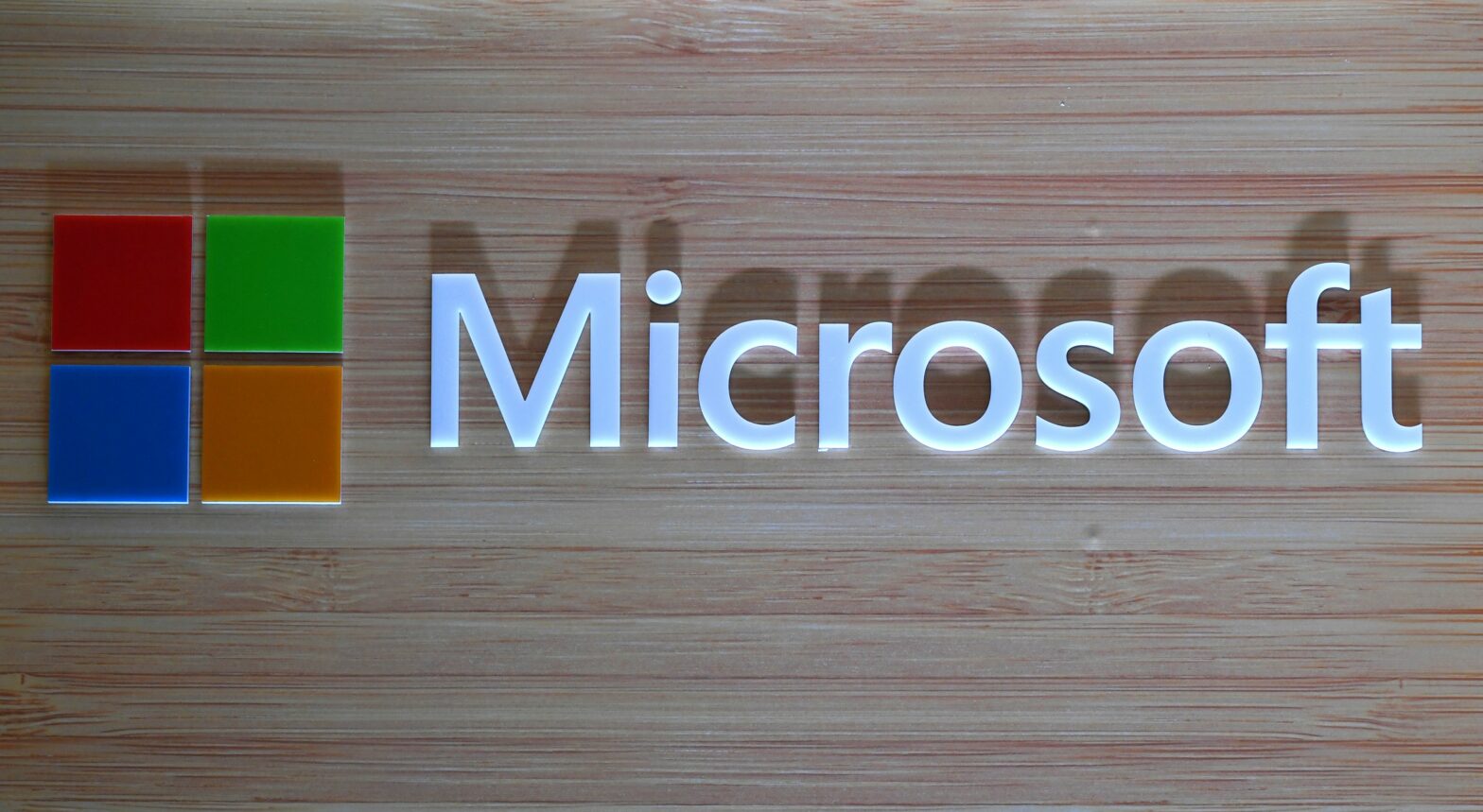25 September 2003 The European Parliament’s vote yesterday to water down patenting legislation has been given a mixed welcome.
The vote was largely applauded by opponents of the original bill, who had feared that it would herald a regime of software patenting that would prove to be an expensive legal minefield for software developers, particularly in the open source community.
Members of European Parliament (MEPs) voted through a series of amendments on Wednesday to severely restrict the scope of the proposed Directive on the Patentability of Computer Implemented Inventions.
This followed a vigorous campaign against the bill mounted by its opponents because, they said, it would enable vague and woolly patents to be filed. Even business processes, such as Amazon.com’s much derided ‘one click’ US online shopping patent, could be filed under the original bill.
Amazon’s one-click patent describes how Amazon’s customers simply need to click on one link in order to be able to pay for their goods and check-out. Allowing such patenting would limit the scope for innovation and change on the Internet and in the software industry, opponents had argued.
In a bid to address such opposition, the European Parliament approved a string of amendments intended to limit the scope of the legislation.
These include explicit restrictions on the types of software that can be patented. For example, software in mobile phones, video recorders and set-top boxes would not be allowed and patent infringements could only be pursued against end-users and not suppliers.
Such restrictions angered supporters of the original bill. “Many inventions won’t be worth patenting because the patent can’t be enforced,” Leo Baumann, spokesman for the European Information and Communication Technology Association told Dow Jones.
Likewise, Alex Batteson, an intellectual property lawyer at law firm Bristows agreed: “It could render worthless a number of important existing patents in industries where data conversion is common… the consequences for the IT sector could be very damaging.”
Some lawyers have even speculated that the vote will persuade the European Commission to take the directive out of the European Parliament’s hands and pass it over to the European Patent Convention.






